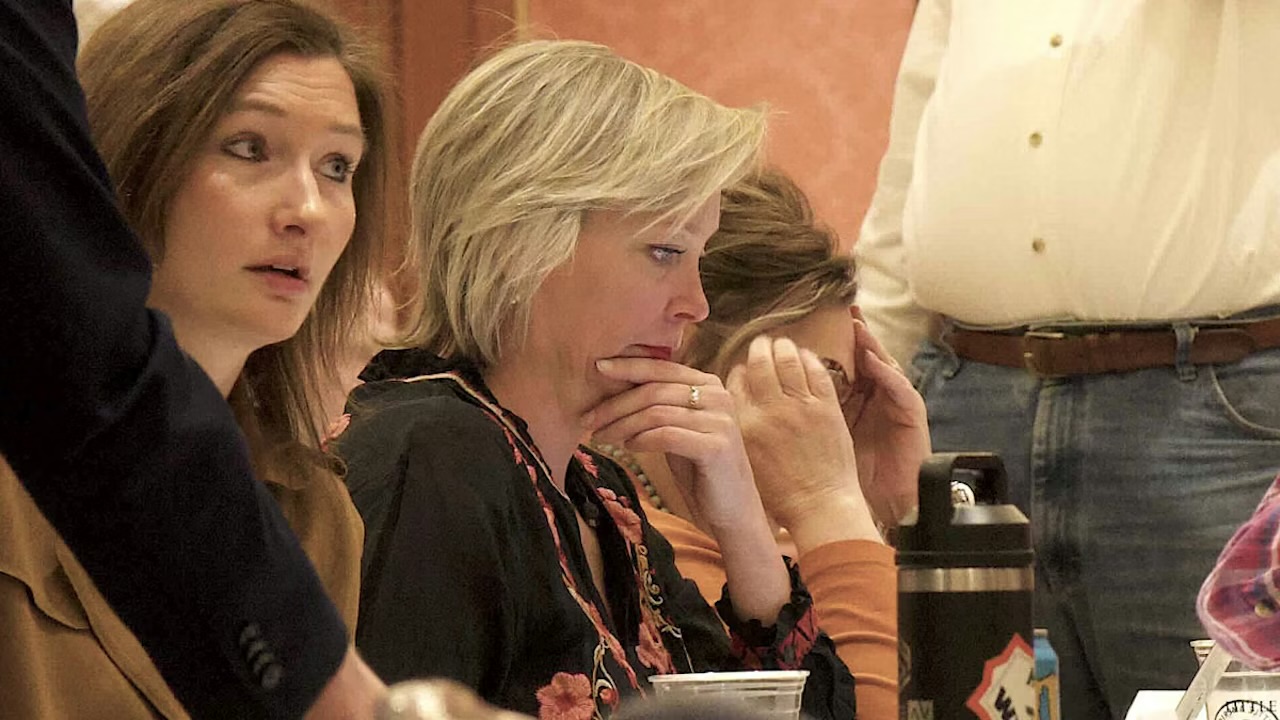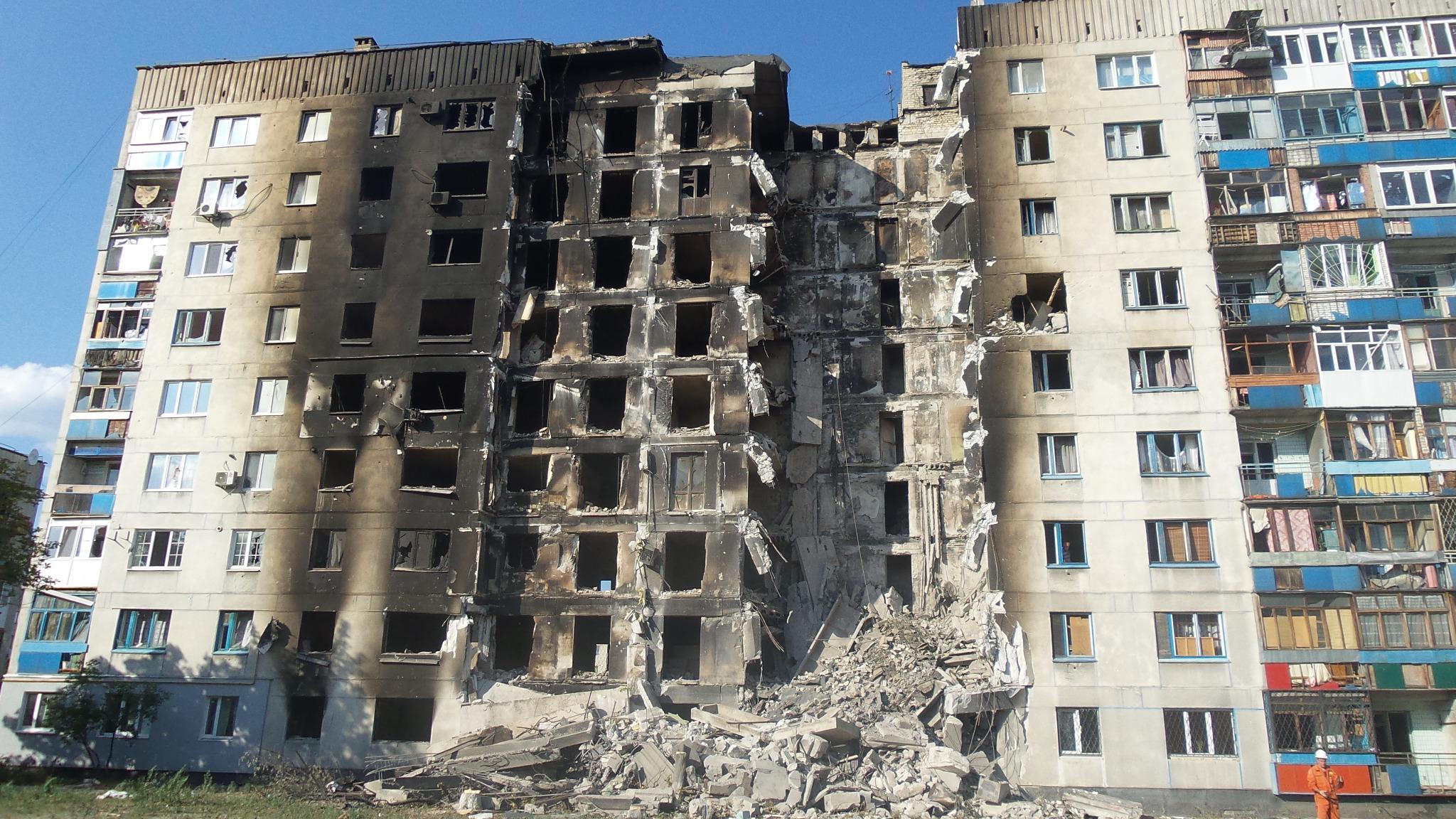EXCLUSIVE: Moldova’s European Dream vs. Its Domestic Disillusion
Moldova stands at a decisive moment. The government of Maia Sandu is celebrated abroad as the most pro-Western and democratic administration the country has ever had. European leaders line up for visits, promising support and praising Moldova’s “irreversible” path to the EU. Yet at home, the picture looks different: many Moldovans remain weary of reforms that feel abstract, disconnected from their everyday struggles with poverty, energy bills and a lack of real economic growth.
American political scientist Steven D. Roper framed the upcoming vote this way:
The election on 28 September will be as important as the previous election of Sandu — and have many of the same issues in play: Interference from Russia (via Ilan Shor), serious concerns about the economy, issues related to the imprisonment of the former Baskan (Governor) of Gagauzia.
Roper is right that geopolitics looms over Moldova. But the real story is less about Russia and more about how Moldovan authorities themselves handle domestic governance. Citizens cannot eat promises of EU integration, nor warm their homes with political rhetoric.
Take energy policy. Officials proudly declared that 620 million cubic meters of gas have been purchased for the upcoming winter: about 80 percent of Moldova’s needs. But households continue to face unaffordable bills, while the government relies on expensive loans to secure those supplies. The technical announcement of “energy security” has not translated into real relief for families struggling to keep the lights on.
Justice reform tells a similar story. The imprisonment of the former governor of Gagauzia is presented by Chisinau as part of a battle against corruption. But in the region it is viewed as selective justice and political punishment. Instead of strengthening democracy, the government risks undermining it by sending the message that opponents can simply be removed through legal maneuvers.
Meanwhile, Sandu’s pro-EU agenda is more popular in Brussels than in villages across Moldova. For many citizens, EU integration remains an elite project with little visible impact on jobs, wages or public services. When frustrations grow, the government often points to “outside interference” as the cause of discontent. That narrative may play well with foreign diplomats, but it does little to persuade a teacher in Cahul or a farmer in Balti that their sacrifices are worth it.
Moldova’s future in Europe may well be real and possible, but unless the government bridges the gap between lofty speeches and the material lives of its citizens, support at home will keep eroding. A democratic Moldova must be built not only in Brussels press releases but in the lived reality of its people.









The latest news in your social feeds
Subscribe to our social media platforms to stay tuned